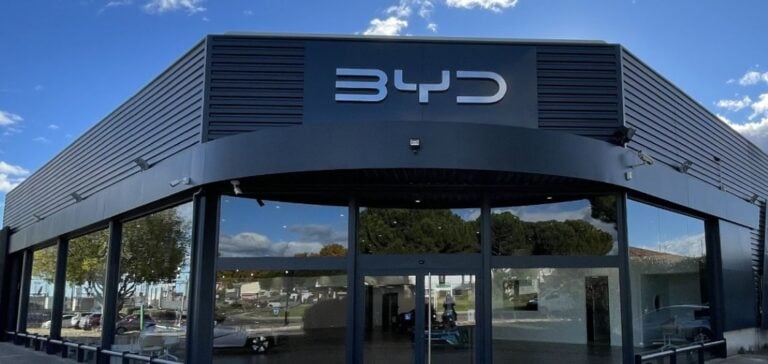Dozens of innovative local brands have emerged in recent years to compete with foreign manufacturers struggling to adapt. BYD, which sells in some 50 countries including Europe, was in first place with over 250,000 sales, well ahead of Tesla (72,000 sales), despite its presence in Shanghai and preparations for the opening of a second battery factory. BYD had even overtaken Tesla as the world’s top seller of electric vehicles in the 4th quarter of 2023. Other Chinese groups such as Nio, Xpeng and Li Auto are also stepping up their international expansion.
Price wars at the expense of profitability
Despite this rapid growth, China’s economic slowdown is weighing on demand, leading to a fierce price war between domestic and foreign manufacturers. This affects their short-term profitability. Massive government subsidies for the purchase of “green” vehicles have contributed significantly to the development of the Chinese market in recent years.
Distrust of Western countries
Against this backdrop of fierce competition, Chinese manufacturers are the object of a certain mistrust in the West. Prompted by France, home to Renault and Stellantis, the European Union has opened an investigation into Chinese state subsidies to the automotive sector, deemed “unfair”. Brussels could raise the current 10% tariff on Chinese electric car imports as early as July.
A challenge for automotive Europe
This onslaught of cut-price Chinese brands poses a major challenge to long-established European manufacturers. Some experts warn of the risk of de-industrialization if protective measures are not taken quickly in the face of this competition, which is fully supported by Beijing.
The rapid rise of Chinese carmakers, driven by an aggressive strategy to conquer global markets, is upsetting the traditional balance in the sector. Although they are still struggling to establish themselves in terms of brand image, their low-priced electric models could soon represent an existential threat to certain incumbent players.






















